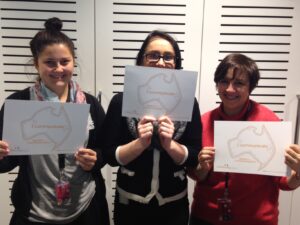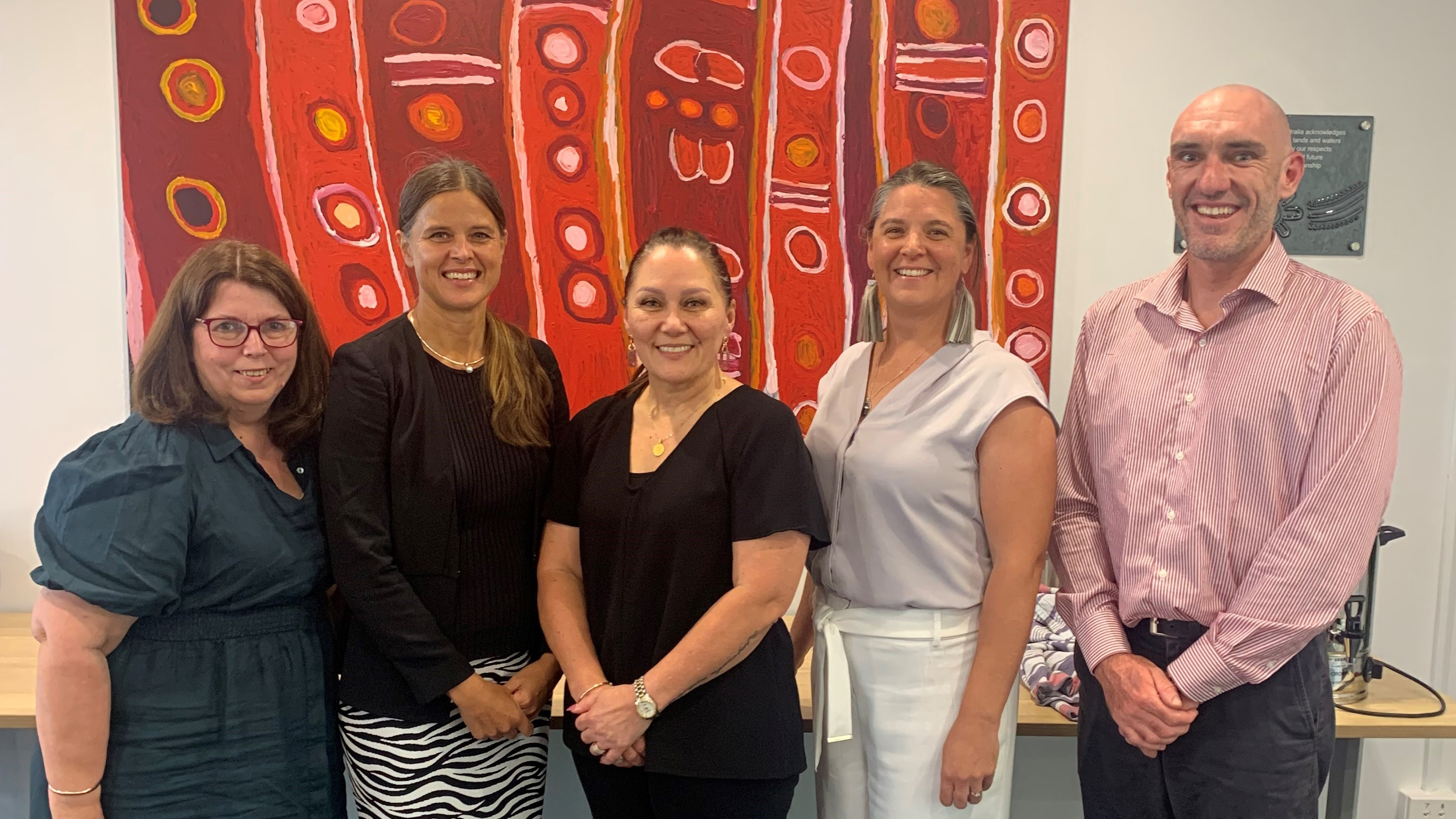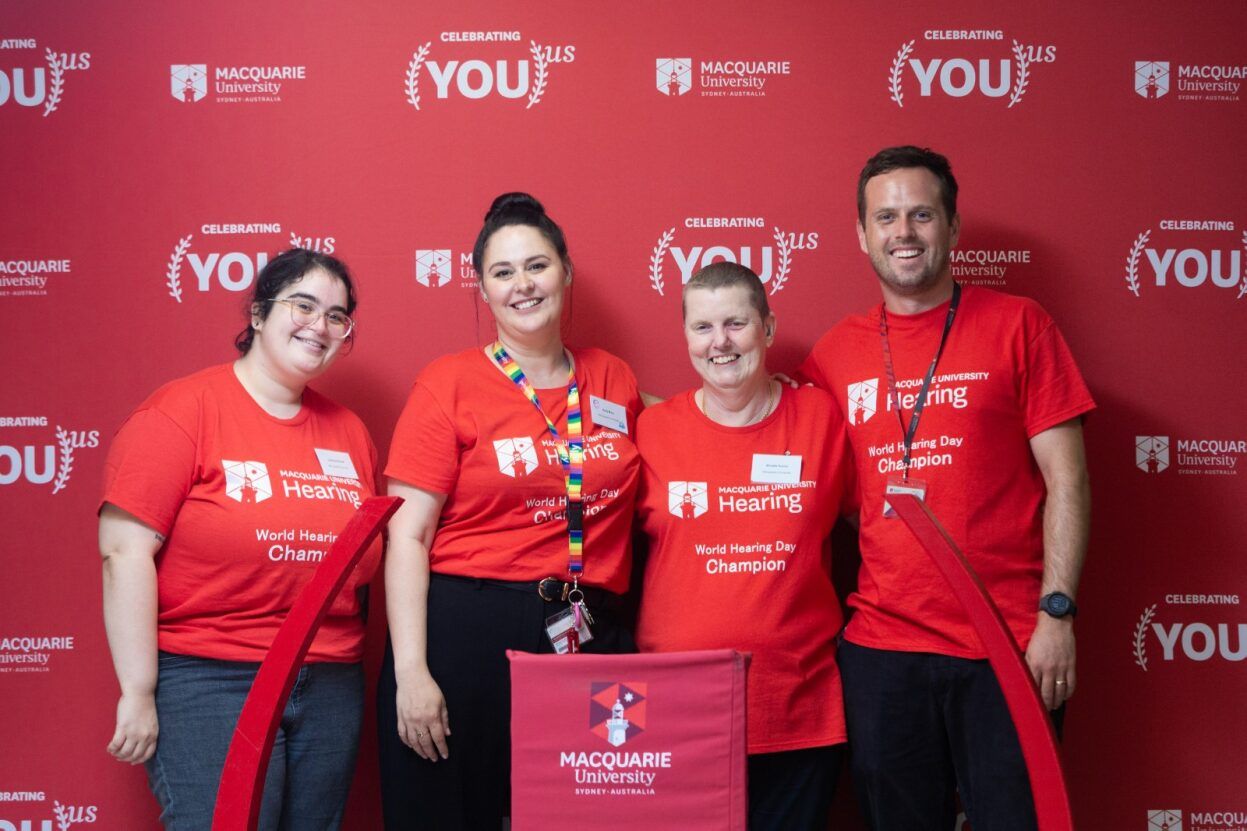Imagine struggling to communicate with your colleagues and friends, or do something as simple (and vital!) as ordering coffee at AHH’s Piccolo Me. This is the reality for the 1.1 million Australians living with communication disorders.
Master of Speech and Language Pathology students were busy across campus during the week of 25-29 August raising awareness about the International Communication Project (#ICP2014) and marking 2014 Speech Pathology Week . ICP is highlighting the importance of human communication, and how communication disability severely impacts every aspect of life.
To encourage people to think about what living with a communication disability is like, students asked the Macquarie University community:
- Who do you most frequently communicate with?
- What are your three most favourite ways to communicate?
- How would you feel if you couldn’t communicate?
- Who would you most miss communicating with?
Students interviewed older people, younger people, uni students, parents, baristas, and even toddlers. Speaking with friends and family was the top of the list for frequent communication partners, with most people responding that they would feel very lonely and isolated if they couldn’t communicate. Despite the pervasiveness of social media, face-to-face conversation was the respondents’ favourite way to communicate, followed by the phone, and Facebook. On being asked how they’d feel if they couldn’t communicate, two notable student replies were “I’d be very stroppy with myself”, and, “I’d go crazy; humans are social animals.”
The overriding message of ICP and these interview responses is that we all have the right to communicate, in all different forms.
For updates on the International Communication Project, please use these hashtags: #ICP2014 #nationforcommunication.
For professional advice about communication disability please contact the Macquarie University Speech and Hearing Clinic









